Chess the Ancient Game Of Kings
This ancient game of chess whose origins lie in the darkness of history has never lost its popularity throughout the ages. The way chess is played today is indeed much different than it was played hundreds of years ago. The first forms of chess was found in an Indian game called Chaturanga about the 7th century AD. The modern era of chess, however, may be said to date back to about the 15th century, when the pieces gained their present form. The first serious analyst of the game was Spain's Ruy Lopez de Segura (fl. 16th century), who in 1561 devised an opening that is still used.
A new era begun with the publication of Francois Philidor's Analyse du jeu des echecs (1749), which was translated into several languages and led many people to play and study the game. Germany's Adolf Anderssen (1818-79) defeated many outstanding players to win the first modern international tournament, held in London in 1851. He was noted with his beautiful combination style. Paul Morphy generally considered the first world champion won first place at the First Chess Congress, held in New York City from Oct. 5 to Nov. 10, 1857 at the age of 20. On October 10 of that year a national organization, the United States Chess Federation, was established.
Despite his great achievements Morphy quit playing chess at around 21 and never competed in a tournament again. Wilhelm Steinitz first official world champion brought new concepts to the game that helped the development of modern chess strategy. However Lasker's psychological game showed that chess wasn't played just with mind but also with feelings. Many of his opponents felt like they were gonna win when Lasker made unsound moves, indeed it was the beginning of their ends. Many authorities regard the Cuban player Jose Raoul Capablanca as the greatest in the history of chess. There was no doubt that he had incredible chess skills and it was believed that if he would have practiced more rather than just relying on his God given talents he would have been unbeatable at his time. However Capablanca lost his title surprisingly to Alekhine in 1927 and never had a chance to take it back again. Though Alekhine promised a rematch to Capablanca he didn't keep it. Instead he preferred to play rather weak opponents to defend his title.
Alekhine was a world champion until his death. He was the first one at his day to regain his title, after loosing to Euwe in 1935 he got it back two years later. After the sudden death of Alekhine a five player world championship match was held in 1948 and Botvinnik became the sixth world champion winning 3 points ahead of Smyslov. This was also the beginning of the long Russian domination until 1972. Smyslov, Tal, Petrosian were other Russian champions during that time. Bobby Fischer, at the age of 15, became the youngest international grand master in history after establishing himself as the best player in the United States by winning, at the age of 14, the U.S. Open. He became world champion in 1972 by defeating the Soviet Boris Spassky but then forfeited the title in 1975, living in seclusion since then. From 1975 to 1985 the title was held by Anatoly Karpov of the USSR, who was dethroned by his countryman Garry Kasparov. Kasparov has retained the title in subsequent championship matches against Karpov and other opponents.



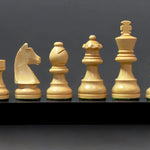
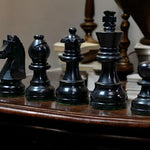
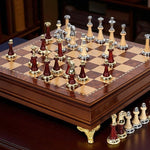
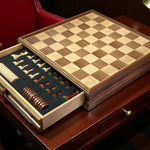
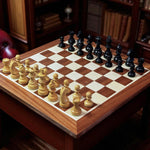


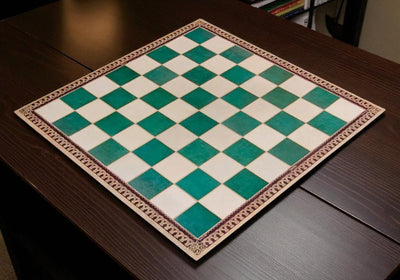
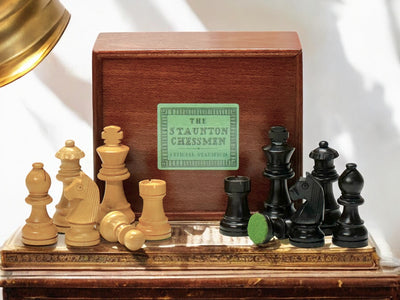
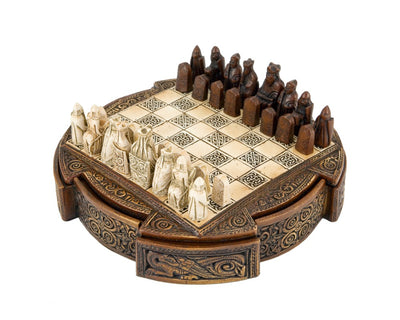
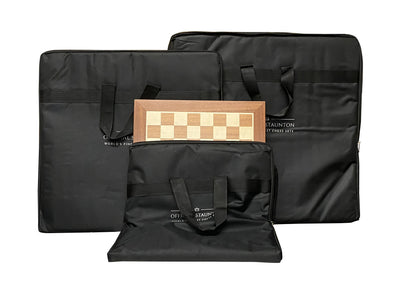
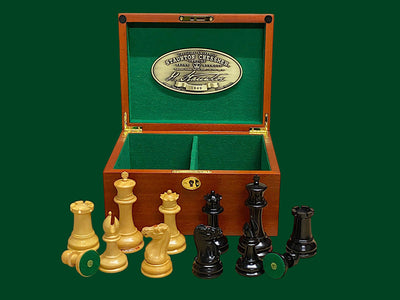
Leave a comment